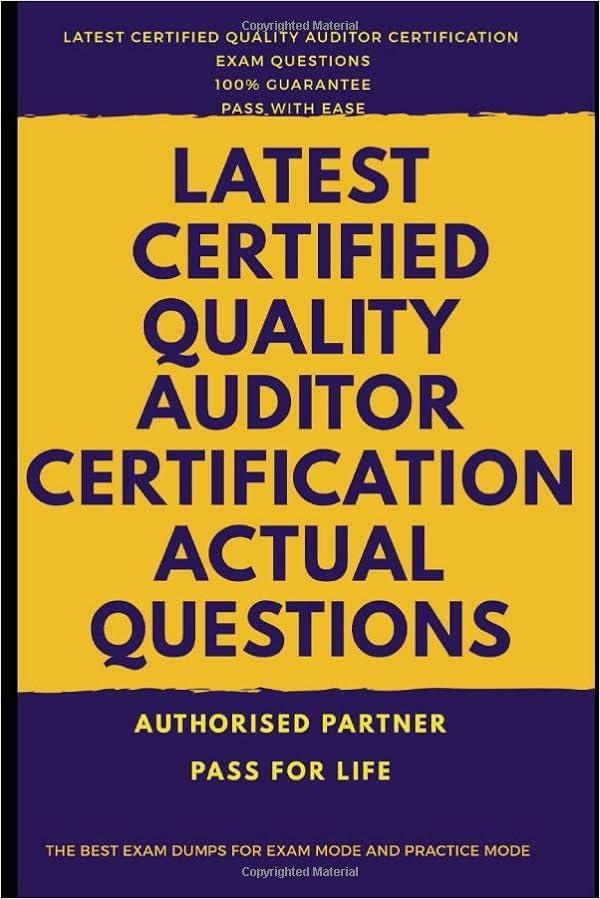Question
Hyundai Corporation uses activity-based costing to compute its product margins. Overhead costs have already been allocated to the company's three activity cost pools--Machining, Order Filling,
Hyundai Corporation uses activity-based costing to compute its product margins. Overhead costs have already been allocated to the company's three activity cost pools--Machining, Order Filling, and Other. The data related to those costs in the activity cost pools appears below:
| Machining | $ | 10,952 |
| Order Filling | $ | 25,604 |
| Other | $ | 7,100 |
Machining costs are assigned to products using machine-hours (MHs) and Order Filling costs are assigned to products using the number of orders. The costs in the Other activity cost pool are not assigned to products. Activity data appear below:
| MHs (Machining) | Orders (Order Filling) | |
| Product O4 | 3,500 | 260 |
| Product S1 | 11,300 | 1,220 |
Finally, sales and direct cost data are combined with Machining and Order Filling costs to determine product margins.
| Product O4 | Product S1 | |||
| Sales (total) | $ | 96,100 | $ | 102,600 |
| Direct materials (total) | $ | 44,800 | $ | 34,000 |
| Direct labor (total) | $ | 37,100 | $ | 38,200 |
What is the overhead cost assigned to Product S1 under activity-based costing? (Round the Intermediate calculation to two decimal places and your final answer to nearest whole dollar.)
Step by Step Solution
There are 3 Steps involved in it
Step: 1

Get Instant Access to Expert-Tailored Solutions
See step-by-step solutions with expert insights and AI powered tools for academic success
Step: 2

Step: 3

Ace Your Homework with AI
Get the answers you need in no time with our AI-driven, step-by-step assistance
Get Started


